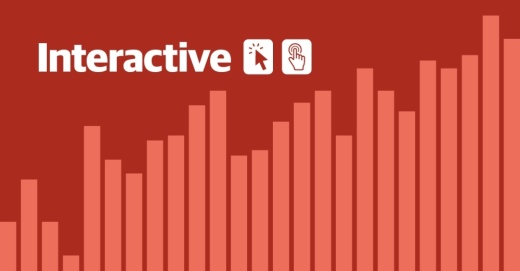In Plano ISD, preliminary numbers released this week by the Texas Education Agency and Data Interaction for Texas Student Assessments show that 20% of fifth graders and 39% of eighth graders did not meet expectations in math in the spring 2021 assessments. Those figures were 10% for fifth grades and 14% for eighth graders in spring 2019, which was the last time STAAR exams were administered. Statewide math scores show fifth graders not meeting expectations increased from 17% in 2019 to 31% in 2021. Eighth graders across the state went from 19% in 2019 to 40% in 2021.
During a Texas State Board of Education meeting June 23, Texas Education Agency Commissioner Mike Morath spoke about “academic damage” to the state’s school system caused by the pandemic. Morath said he expects the final STAAR scores will be released Monday or Tuesday of next week but called the preliminary numbers “problematic.”
“What that means is that the name of the game for us for the conceivable future is how do we modify our systems, across all 1,200 school systems in the state of Texas, to increase the rate at which we accelerate learning,” he said.
Officials from Plano ISD said June 24 no one was available to comment on the preliminary STAAR results.
For the reading assessments, Plano ISD fifth graders went from 14% not meeting expectations in spring 2019 to 18% in spring 2021. The district’s eighth graders went from 14% not meeting expectations in 2019 to 25% not meeting expectations this year. STAAR results from across the state show fifth and eighth graders both increased from 23% not meeting expectations in reading in 2019 to 28% in 2021.
One reason that students may have done poorly on the STAAR exam this year, according to Morath, was that they were being “exposed to below grade-level material all year long,” which students could not control.
He said under new requirements passed by the Texas Legislature this year, districts have to create a written plan for how they will accelerate learning for students who did not meet grade level expectations in third, fifth and eighth grades.
“For students who are below grade level, that's what we have to do to get them caught up to grade level,” Morath said. “The number of students who are significantly below grade level is far higher this year than we've ever seen it before because of the academic impact of COVID.”





